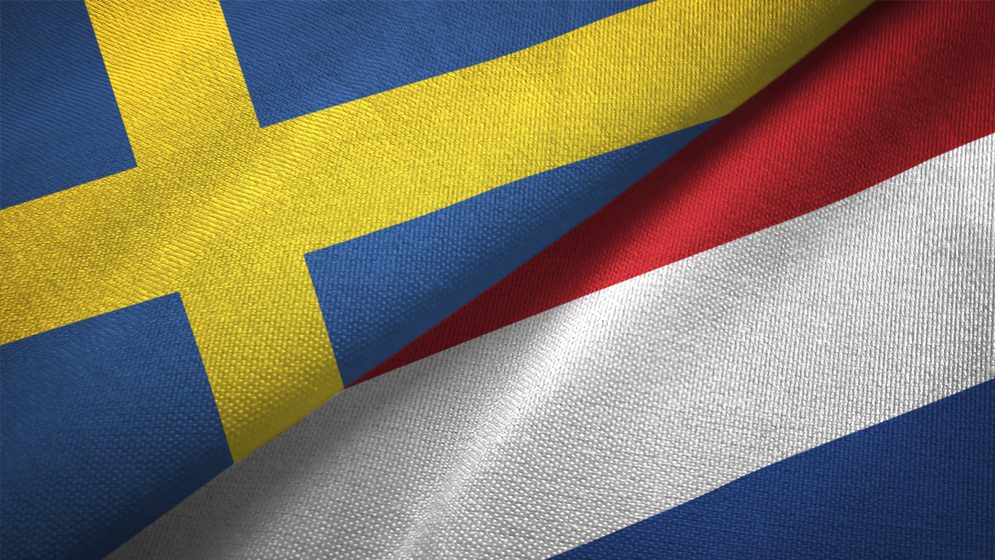In the second part of CasinoBeats’ sit down with Enteractive’s head of business development, Andrew Foster’s focus shifts to venture into what could become two key markets for the organisation.
After hailing reactivation as always having been “an important addition to any operators CRM cycle,” as well as proclaiming that “technology will never be able to replace a human conversation,” the first nation coming under the microscope is Sweden.
Re-regulated on the first day of the year, a number of organisations successfully progressed through the licensing process, with Enteractive also holding position within the jurisdiction.
Following on from regulator Spelinspektionen stressing that operators are only able to offer a bonus the first time an individual accesses the site to play, Foster addressed the early going: “Where we sit within the new market is slightly different to other suppliers, and what we’ve seen with the Swedish regulation, which is still very new for operators, is the different approaches adopted by every operator we do business with.
“Compliance is obviously core to all of them in terms of their strategies, and the operators are still trying to optimise their player journeys, and come to terms with the practical changes that need to be implemented to be compliant.
“I think operators’ product offers are now going to be the most important thing, because that’s what’s really going to be a big differentiating factor as opposed to the bonuses, which have been the major differentiating factor in the past.
“The biggest thing for me though is the actual practical implementations that needed to take place, because it was quite a grey area in terms of what the Swedish regulator required for compliance. It was more of an interpretation of the regulation within the region, with each operator trying to adjust according to their current player journey strategies.”
Attention then switched to the Netherlands, where a vote has ensued to adopt its Remote Gaming Act, in excess of two and a half years after the bill was originally passed in the lower house.
The new law is expected to come into force during Q3 2020 at the earliest, with licence applications also beginning to be accepted the same year and gaming tax being set at 29 per cent of GGR.
For Enteractive, however, what does the immediate future hold regarding the country, what preparation can be laid down, or is it more a case of playing the waiting game: “The reality of it from our perspective is we engage with operators, assist in preparing their databases, and guide them towards the next steps of contacting their players.”
“The biggest stumbling block that we come up against with a lot of operators is that they’ve never actually taken consent to contact players by telephone, because it’s never been seen as a primary medium for communicating with a player.
“If you talk about market regulation and how we can get operators ready for it, our approach is more of a guidance towards what will be available to you in time if you start seeking permission to contact players by phone.
“So, we do sometimes tend to focus around prepping the operators and helping them look at their registration pages, and getting the player consent so that in time they are able to actually communicate with their databases.
“This is a similar thing to GDPR to be honest, which followed a similar scenario., There were operators that had already starting communicating with their players the compliant way before many. GDPR was actually just implementing the rule, as opposed to creating a new rule.
“So it’s about preparation really, and how we can help operators get ready for it.”













